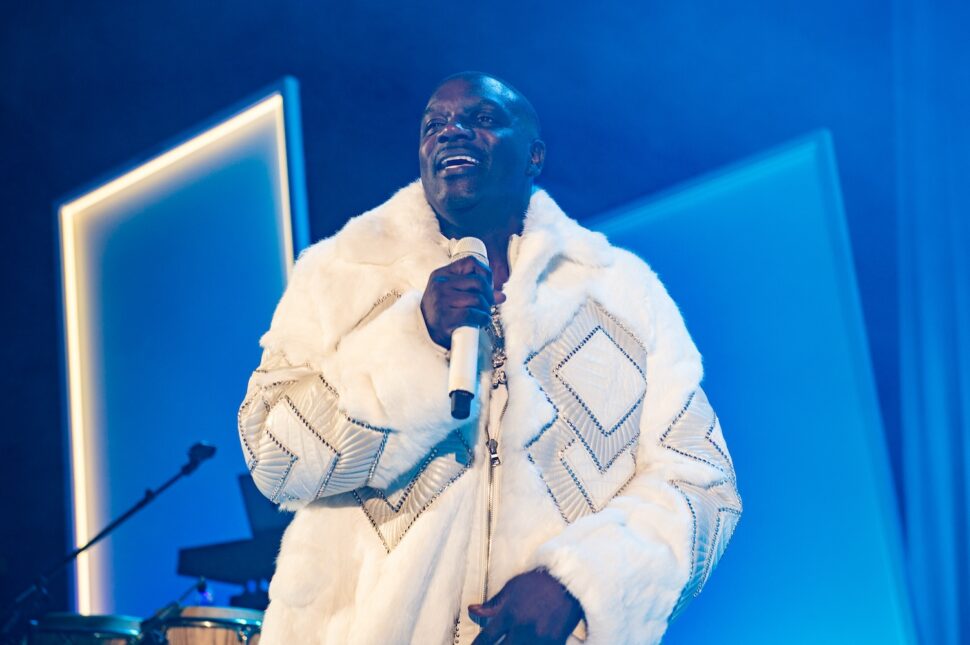Fame and success don’t always grant celebrities access everywhere. In fact, many famous names have been banned from certain countries — sometimes more than one.
There are various reasons why celebrities get banned, denied visas, or become unwelcome in other countries. Often, a nation prohibits a star’s entry due to behavior it considers distasteful or disrespectful to its cultural values. In some cases, it’s because of a prior conviction; in others, it’s the celebrity’s actions or entire persona.
Below, explore the reasons why some of the world’s most recognizable celebrities were banned from entering certain countries or denied visas.
Beyoncé
A 2016 published Cosmopolitan article claimed Beyoncé was banned from Malaysia because leadership in the primarily Isalm-practicing country deemed her too provocative.
In 2007, a source told Reuters that Beyoncé canceled what would have been her debut concert in Malaysia. The unidentified tea spiller claimed Queen Bey was weary of the Malaysian government’s conservative restrictions and the Muslim population’s potential backlash to her show.
“It’s also beyond the dressing. She has to change the show. Basically, the ministry wants her to stand in front of the microphone and open her mouth. Just sing and cannot move,” the Reuters source alleged.
Akon

According to Entertainment Tonight, Akon was banned from visiting Sri Lanka after the music video release of David Guetta’s “Sexy Chick,” which featured the Konvict Muzik artist on vocals.
Akon had a visa request denied in 2010 because Sri Lanka and some of its citizens found the Buddha statue in the background of the music video’s salacious pool party to be offensive. The Sri Lankan government reportedly noted that the song’s visuals spawned “strong protests coming from various cultural, religious groups and organizations in the country.”
Tyler, the Creator
The United Kingdom and New Zealand banned Tyler, the Creator during his early career due to lyrics centering physical and sexual violence. However, the Call Me If You Get Lost rapper has been cleared since the controversies.
In 2015, the U.K.’s then-Home Secretary, Theresa May, prohibited Tyler from entering the country for three to seven years. Also in 2015, the rapper tweeted that he was “banned” in Australia. The latter followed a heated exchange with the Australian feminist group Collective Shout. The feminist group’s movement coordinator later claimed in a 2019 Sydney Morning Herald interview that the country’s government never “officially banned” the musician.
New Zealand lifted its entry travel ban on Tyler in 2019. On his Cherry Bomb track “Smuckers,” he’d rapped, “I got banned from New Zealand, whitey called me a demon / And a terrorist, God damn it, I couldn’t believe it.”
Additionally, he reflected on the lifted ban in the U.K. and told The Guardian he was treated like a “terrorist” and a “murderer.”
The Game
TMZ reported in 2011 that The Game was detained in Canada while entering for a scheduled tour. A promoter for the rapper’s Canadian concert series said the performer was banned and deported back to the United States. Canadian customs reportedly justified the restriction based on the celebrity’s affiliation “with organized crime,” claiming the MC “is an active member of the Bloods street gang.”
In 2019, The Game told TMZ he couldn’t attend an NBA Finals game in Canada because of the travel ban. “I can’t even get into Canada. I can’t even go to the game!” he said, adding, “Because I’m a gangster,” when asked why.
Chris Brown
According to People, Chris Brown was denied entry or explicitly unwelcome in the U.K., Australia, and Canada in the 2010s. The U.K. ban was in response to the “No Guidance” singer’s 2009 assault on Rihanna.
Mike Tyson
The heavyweight champion was reportedly denied entry into New Zealand In 2012. The travel ban was in connection to Tyson’s 1992 rape charge conviction for the sexual assault of beauty queen Desiree Washington. The famed boxer served a three-year prison sentence.
The Independent reported that in 2013, Tyson was banned in the U.K. for the same crime. The travel ban prevented the former athlete from attending promotional appearances for his autobiography, Undisputed Truth.





